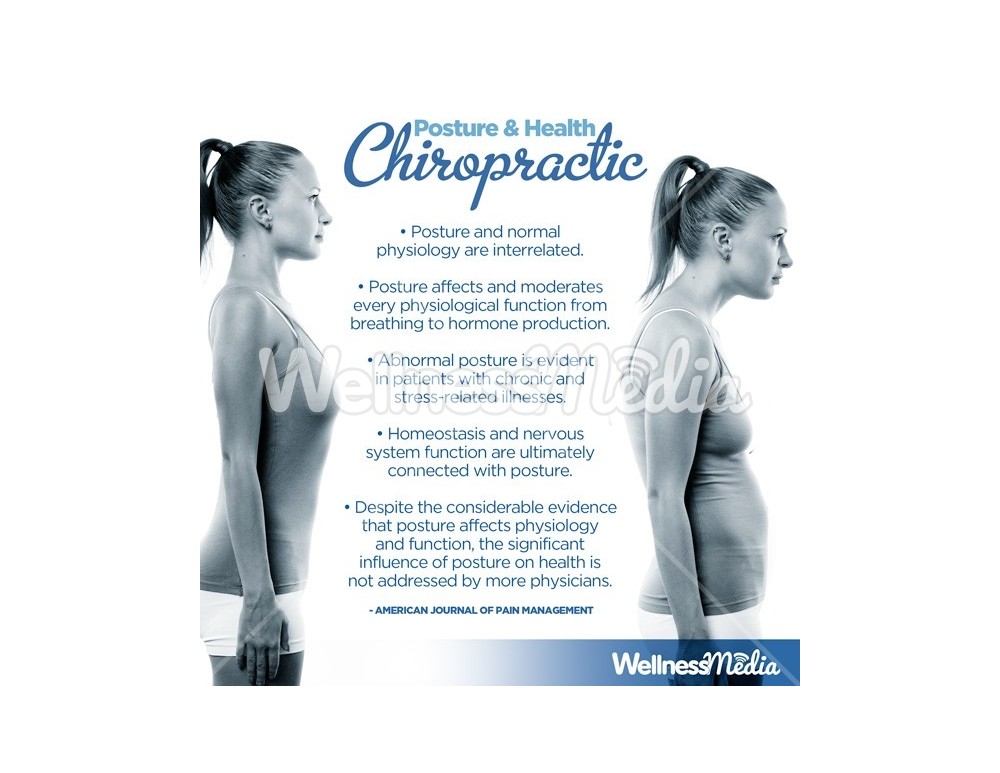Take Care Of Your Back By Discovering The Effect Of Your Diet Plan On Pain Management-- Learn Which Foods Can Give Alleviation And Which Ones To Avoid
Take Care Of Your Back By Discovering The Effect Of Your Diet Plan On Pain Management-- Learn Which Foods Can Give Alleviation And Which Ones To Avoid
Blog Article
Web Content By-Cochrane Lockhart
When it pertains to handling your pain in the back, the food options you make can considerably influence how you really feel on a daily basis. Visualize having the ability to alleviate your discomfort just by adjusting what you consume. By understanding the role of nourishment in pain in the back management and recognizing which foods to incorporate or avoid, you can take aggressive actions in the direction of a healthier and more comfy way of life. sport medicine austin between nourishment and back health is extra profound than you may realize-- let's check out just how particular foods can either calm or exacerbate your pain in the back.
Significance of Nourishment in Neck And Back Pain
Nourishment plays an essential role in handling pain in the back. Your diet regimen can significantly impact inflammation degrees and general pain levels in your back. Consuming a well balanced diet plan rich in nutrients like vitamins D and K, calcium, magnesium, and omega-3 fatty acids can help in reducing swelling and enhance bones, which are necessary for back wellness.
In addition, preserving a healthy weight via correct nutrition can alleviate anxiety on your back, reducing the danger of pain in the back.
Moreover, certain nutrients like anti-oxidants found in vegetables and fruits can assist combat oxidative stress and promote recovery in the body, consisting of the back muscle mass and back.
On the other hand, consuming too much quantities of refined foods, sugary beverages, and undesirable fats can contribute to swelling and weight gain, exacerbating back pain.
Foods to Consume for Back Wellness
To support a healthy back, including nutrient-rich foods right into your day-to-day dishes is vital. Including foods high in anti-oxidants like berries, spinach, and kale can help reduce swelling in your back, easing discomfort and discomfort. Omega-3 fatty acids found in fatty fish such as salmon and mackerel have anti-inflammatory properties that can profit your back health and wellness.
In addition, taking in nuts and seeds like almonds, walnuts, and chia seeds provides crucial nutrients like magnesium and vitamin E, which support muscular tissue function and lower oxidative tension. Integrating lean proteins such as hen, turkey, and tofu can aid in muscular tissue repair and maintenance, promoting a solid back.
Don't fail to remember to consist of dairy products or fortified plant-based choices for calcium to sustain bone wellness. Lastly, moisten with lots of water to keep your spine discs moistened and functioning ideally. By consisting of these nutrient-dense foods in your diet regimen, you can nurture your back and support total spinal health and wellness.
Foods to Avoid for Back Pain
Choose preventing refined foods high in sugarcoated and trans fats when looking for relief from pain in the back. lower spine pain of foods can add to inflammation in the body, which might exacerbate neck and back pain. Say no to sweet snacks sweet, pastries, and sugary drinks, as well as fast food items like hamburgers, fries, and fried hen that are commonly filled with trans fats.
Furthermore, steer clear of foods including high degrees of polished carbs, such as white bread, pasta, and breads, as they can spike blood glucose levels and potentially get worse inflammation in the body.
It's also important to restrict your intake of foods high in saturated fats, like red meat and full-fat milk items, as they can contribute to inflammation. Processed foods like deli meats, chips, and packaged snacks are usually high in saturated fats and should be eaten in small amounts.
Conclusion
Finally, focusing on your diet and making smart food selections can have a significant impact on handling back pain. By integrating nutrient-rich foods like berries, fatty fish, nuts, and lean proteins, and preventing refined and sweet products, you can help reduce swelling and support in general back health and wellness. Bear in mind, what you consume plays a critical role in just how you feel, so make sure to prioritize your nourishment for a much healthier back.
